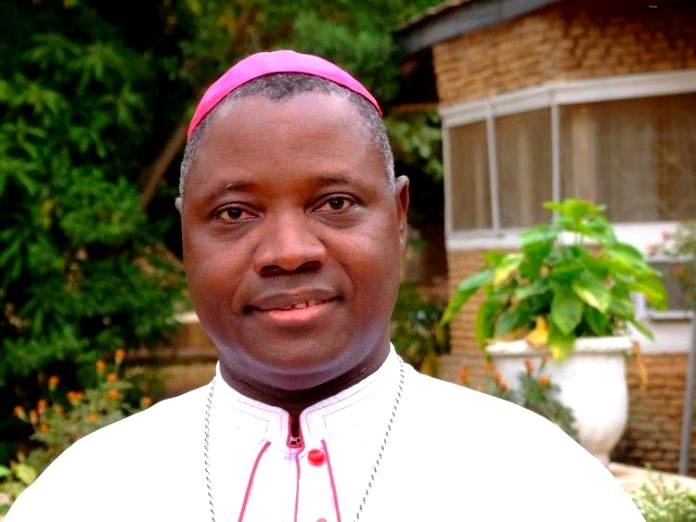Bayelsa government on Tuesday in Yenagoa directed local government councils to speedily evolve legislations prohibiting the movement of speed boats after 7 p.m. without permit.
The state’s deputy governor, Mr Lawrence Ewhrudjakpo, gave the directive at separate meetings with traditional rulers from Southern Ijaw and Nembe Local Government Areas.
He noted that the measure would go a long way to complement efforts of security agencies to curb crime on water routes in the state.
“The issue of security is a major one for us, and if we take it for granted, it is going to weigh down on all of us.
“We are directing local governments to, between now and the end of October, set up vigilance groups. All communities must have their vigilance groups set up.
“The issue of the vigilance groups will not only lie on Divisional Police Officers (DPOs).
“The screening of members of the vigilance groups will be done by the DPOs who, in turn will be supervised by the Commissioner of Police.
“The Commissioner for Local Governments is hereby directed to write officially to local government chairmen to form their vigilance groups between now and the end of October.
“We will not leave the funding to the communities; the local governments are going to be responsible for the funding, with support from the state government.
“The commissioner will do letters to all the councils to work assiduously to pass the anti-night boat movement bye-law, to proscribe speed boats movements beyond 7 p.m.
“Any speed boat without security permit moving after 7 p.m. is an enemy boat,’’ the deputy governor said.
He also directed the legislative arms in the eight local government councils to expeditiously enact bye-laws on the establishment of the vigilance groups in all communities.
Ewhrudjakpo urged traditional rulers to always complement government’s efforts at curbing insecurity.
He directed the Commissioner for Local Government, Chieftaincy and Community Development, Chief Thompson Amule, to notify council chairmen to initiate Bills for the enabling bye-laws for establishing vigilance groups in their areas.
He also directed that community leaders should work closely with the Nigerian Police to thoroughly screen members of the various vigilance groups based on their individual capacities and integrity.
The deputy governor emphasised the need for effective policing of the waterways to stem rising tide of piracy and other forms of criminalities
He challenged youths in the state to shun acts capable of truncating their future by turning a new leaf.
He noted that the state government was determined to give traditional rulers a sense of belonging and restore their role as custodians of culture and peace through the executive Community Administration Bill to be sent to the House of Assembly.
Ewhrudjakpo also directed the Director-General of Bayelsa Teachers’ Training Institute, Mrs Stella Ugolo, to quickly review the distribution of teachers in schools, to address complaints of their lopsided distribution.
He equally directed the Commissioner for Education, Mr Gentle Emelah, to visit Community Secondary School, Okoroma, where buildings had their roofs blown away and make proper assessment for necessary action.
Speaking at the meeting, the Ibenanaowei of Bomo clan, King Joshua Igbugburu, enjoined royal fathers from Southern Ijaw Local Government Area to prioritise security.
In his remarks, the paramount ruler of Okoroma clan in Nembe Local Government Area, King Bethran Douglas, requested for a military Joint Task Force post and police presence in the area to check activities of criminals.
He pointed out that the face-off between Okoroma and the Nigerian Agip Oil Company over a broken power plant was a potential threat to peace in the area, and appealed to government not to relent in its efforts at resolving the issue.
In their separate remarks, the Commissioner of Police in the state, Echeng Echeng, and the Commander of 16th Brigade, Nigerian Army, Brig.-Gen. Oluwarotimi Awolo, appealed for cooperation from the people of Bayelsa in the fight against criminality.
They identified hostilities by communities as some of the challenges facing military officers on patrol duty on the creeks and marine routes making their jobs tasking. (NAN)





